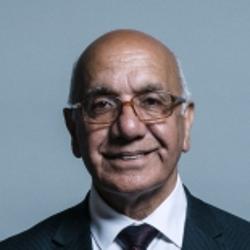Developing Countries: Genito-urinary Medicine
(asked on 21st January 2020) - View SourceQuestion to the Department for International Development:
To ask the Secretary of State for International Development, what steps he is taking to ensure (a) indigenous women and (b) other minority groups in developing countries can access contraceptive and sexual and reproductive health and rights services.
The Secretary of State recently announced that the UK would step up efforts to end preventable deaths of mothers, newborns and children by 2030. Universal health coverage, including access to sexual and reproductive health and rights (SRHR), is central to these efforts.
Our health and SRHR programmes aim to understand and overcome the barriers for excluded groups, to ensure that the poorest and most vulnerable within society, including those with disabilities, are able to access services. All our SRHR programmes target adolescent girls. We also work to address the needs of ethnic groups in particular countries.
At the UN General Assembly in 2019, the Secretary of State for International Development announce funding of £600 million over 2020-2025 that will provide millions more women and girls with access to family planning.
The Women’s Integrated Sexual Health reproductive health programme uses innovative ways to identify and reach the poorest and most marginalised adolescent girls and women with essential services across 27 countries. Our support to the Robert Carr Fund, Amplify Change and the Safe Abortion Action Fund all support grassroots organisations to campaign for and promote access to the most marginalised populations’ sexual and reproductive health services and rights.

